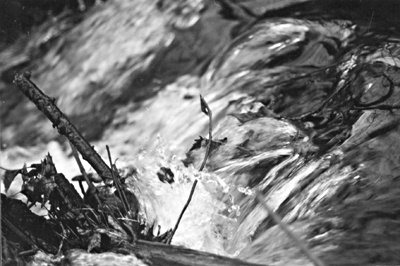All Nonfiction
- Bullying
- Books
- Academic
- Author Interviews
- Celebrity interviews
- College Articles
- College Essays
- Educator of the Year
- Heroes
- Interviews
- Memoir
- Personal Experience
- Sports
- Travel & Culture
All Opinions
- Bullying
- Current Events / Politics
- Discrimination
- Drugs / Alcohol / Smoking
- Entertainment / Celebrities
- Environment
- Love / Relationships
- Movies / Music / TV
- Pop Culture / Trends
- School / College
- Social Issues / Civics
- Spirituality / Religion
- Sports / Hobbies
All Hot Topics
- Bullying
- Community Service
- Environment
- Health
- Letters to the Editor
- Pride & Prejudice
- What Matters
- Back
Summer Guide
- Program Links
- Program Reviews
- Back
College Guide
- College Links
- College Reviews
- College Essays
- College Articles
- Back
Composting - The Fuel of the Future? MAG
Most days the news at least mentions the issue of the continuous loss and rising cost of fossil fuels while also pointing out that they are America's primary source of energy. Although the media talk about our energy crisis, they usually fail to point out alternative ways to generate energy. Of all the environmental problems, three most need to be addressed: the enormous loss of fossil fuels; the fact that many are unable to afford energy; and heat is being produced from compost but nothing is being done to harness it. There are people in many parts of the world who cannot even afford enough fossil-fuel-produced energy to take a shower or cook. In short, they have no reliable source of hot water. And there's no joking about nonrenewable resources - when they run out, they really cannot be created again. Fuel prices have gone up, and if we do not find renewable resources, our future will be in serious jeopardy.
The solution to many problems pertaining to the energy crisis is a water-heating compost pile.
Composting, according to oldgrowth.org, is the "transformation of organic material through decomposition into a soil-like material. Invertebrates and microorganisms help in transforming the material into compost." Amazingly, yard and food wastes make up almost one-third of all waste in the United States. The decomposition of these materials (everything from grass cuttings, leaves, and fruit and vegetable scraps to tea bags, wood ash and coffee grounds) creates a lot of heat, and a compost pile improves soil while saving valuable space in land-fills and incinerators (see hdra.org.uk for information on getting a pile started).
After testing this miraculous idea, my research team found a very simple design for heating water with compost. It consists of a 20-foot copper coil placed in the center of compost rich in nitrogen. Attached at one end of the coil is a faucet and at the other end a hose (used to run water through the temperate compost pile). The compost pile's temperature was over 160 degrees, while the water it heated was over 145 degrees. And this was in December!
After visiting a composting facility and producing a water-heating compost pile, I can testify that the amount of heat generated by compost is mind-boggling. A water-heating compost pile could cut peoples' gas bills in half, as well as supply heated water. Most people in the United States use hot water every day without thinking twice about it, but not everyone is fortunate enough to have this basic amenity.
A water-heating compost pile would be a dream come true for some, and would benefit many people, especially if everyone sent their yard waste to a composting facility instead of a landfill. Communities in third-world countries could utilize the idea as well, and use the compost to help crops grow. The potential of compost piles to heat water could dramatically change the lives of people around the world.
*Kendall and his three partners' research project on compost-heated water won first place in the 2001 Christopher Columbus Awards. For additional information, go to http://www.nsf.gov/od/lpa/events/bayernsf/intro.htm

Similar Articles
JOIN THE DISCUSSION
This article has 2 comments.

0 articles 0 photos 12292 comments